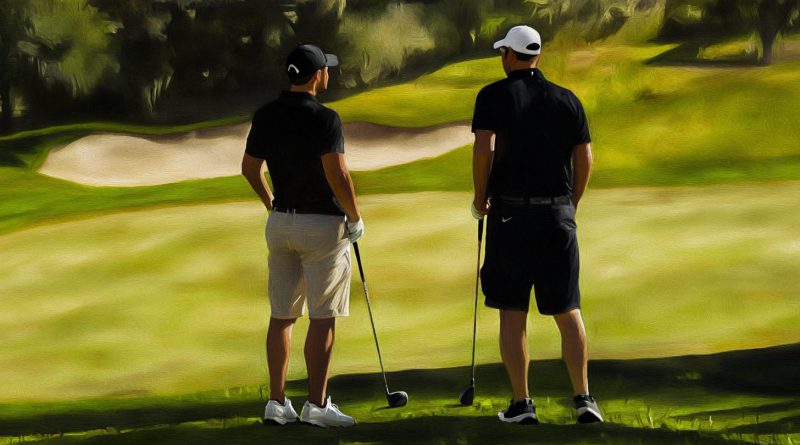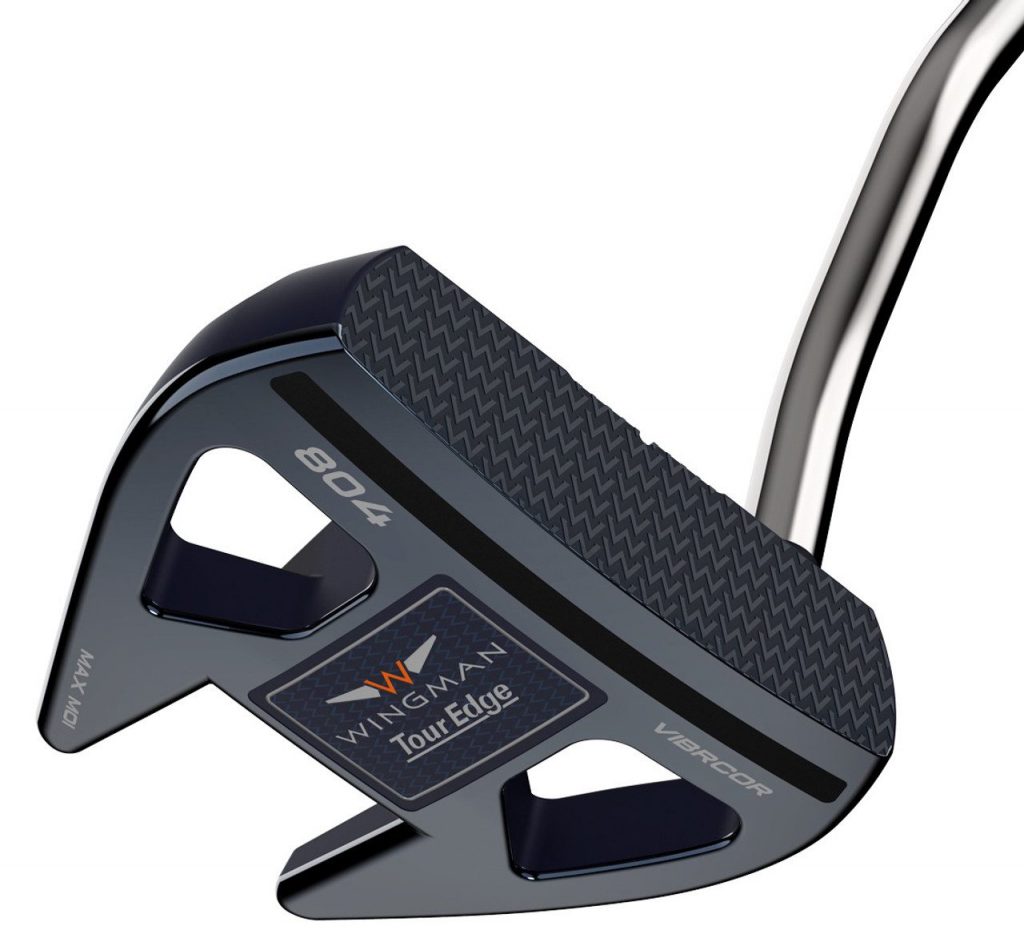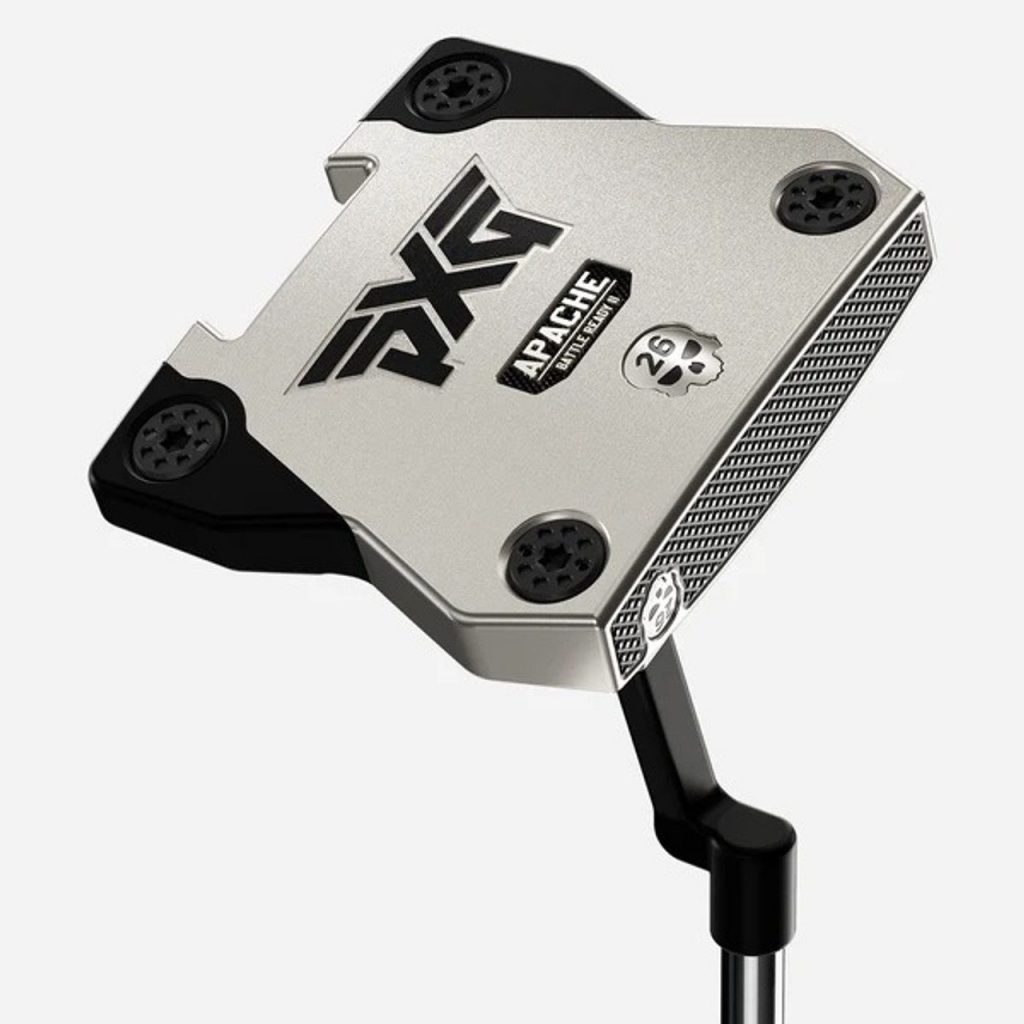What a Golf Handicap Actually Tells You
Last month, I shot an 89 at my home course and felt pretty good about it. The next weekend, I played a tougher layout with narrow fairways, deep bunkers, and fast greens. And I carded a 94. And honestly, that 94 felt like the better round. That’s when I remembered why the golf handicap system exists in the first place.
Why Your Score Doesn’t Always Tell the Full Story
Golfers are weird. We obsess over our final number, but we often forget how wildly different courses can be. A 78 at a short, wide-open track isn’t the same as a 78 at a place like Bethpage Black or Torrey Pines from the tips.
The handicap system is there to account for that. It tries to strip away the noise like weather, course layout, playing conditions, and show how well you actually performed relative to difficulty.

So What Exactly Is a Handicap?
In theory, it’s your potential. Not your average score, not your best-ever round, but an estimate of what you’re capable of on a decent day. If your handicap is 10, that means you’re expected to shoot around 82 on a par-72 course. Not every time, but often enough that it reflects your level.
In practice, it’s a bit messier. The number shifts constantly based on your recent rounds. Bad scores get thrown out. Exceptional ones carry more weight. And the calculation itself involves Course Rating, Slope Rating, adjusted gross scores, and something called a differential.
The concept is simple. The math isn’t.
Related Reads:
- Beyond the Scorecard: 5 Unusual Golf Courses Around the World
- Reimagining Golf: If You Owned a Golf Course
- Morgan’s Crossing Golf Course
Real Talk: Why Golfers Care About This
Most of us aren’t chasing a tour card. We’re chasing bragging rights in our Saturday foursome or trying to win a sleeve of balls in the next club scramble. Handicap levels the field.
It also keeps you honest. If you’re improving, your handicap goes down. If you’re on a slump, it doesn’t let you sandbag your way to glory (well, not easily).
And here’s a fun truth: the moment you start tracking your handicap, golf gets more interesting. Suddenly, you’re not just shooting a number, you’re playing against your own trend line.
A Quick Word on Common Confusions
I’ve heard a few of these way too often:
- “My handicap should be the same no matter where I play.”
Nope. Your index stays the same, but each course gives you a different course handicap based on its slope and rating. - “I only need one good round to get a low handicap.”
Try eight. The system uses your best eight score differentials from your last twenty rounds. - “I shot a career low, so my handicap should drop immediately.”
Not if it’s your only good round in a sea of 90s. The system rewards consistency, not one-off miracles. - “I’m new, so I don’t need a handicap yet.”
Actually, that’s the best time to start. Watching your number drop as you improve is incredibly motivating.
But Seriously, Who’s Doing the Math?
Let’s be honest. Nobody pulls out a spreadsheet after a round and runs the World Handicap System formulas by hand. Between course rating, slope, ESC (Equitable Stroke Control), and rounding differentials, it’s a headache.
That’s exactly why we built a free online calculator. It’s fast, no login required and follows the WHS to a tee. Just plug in your scores and course data, and it gives you your current index.
No sales pitch. Just a tool I wish I had when I started tracking my own.
👉 Try the Golf Handicap Calculator here
Final Thought
If you love golf enough to care about getting better, you should absolutely track your handicap. It’s not just a number; it’s a snapshot of your game over time. And when used right, it’s a great motivator.
A low score on an easy track feels nice. But a well-earned 85 on a beast of a course? That’s where the real satisfaction lives. And your handicap will tell you the difference.
Writer/Editor: Danny Kapp is a passionate golf enthusiast and a 9-year veteran golf blog writer for Rock Bottom Golf, offering his unique perspective on the game. With a keen eye for detail, he covers various aspects of golf, ranging from technical insights to the latest trends in golf equipment and golf technology.








